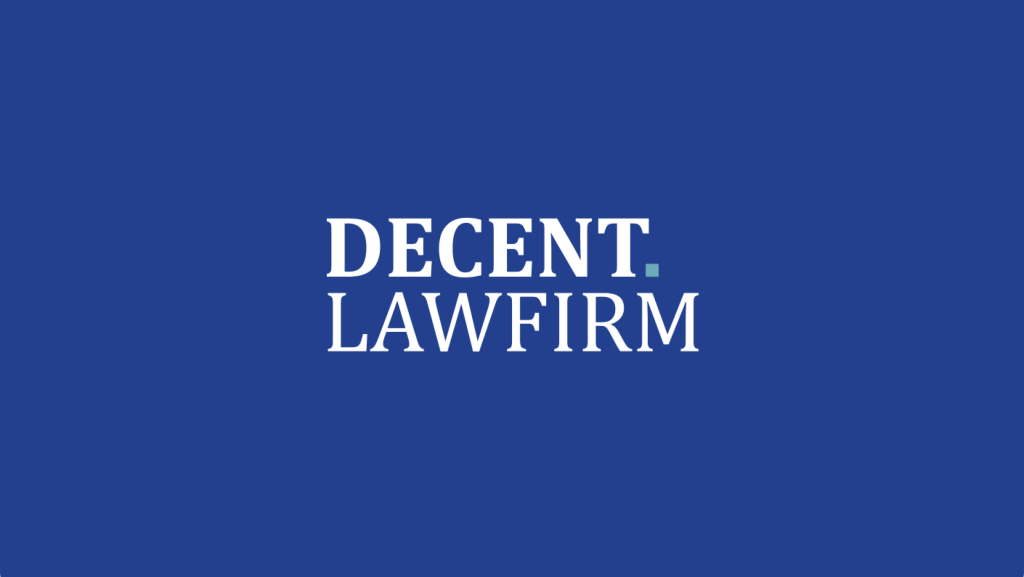Starting a business in Korea can be an exciting yet challenging endeavor for foreigners. Korea is known for its dynamic economy and offers many opportunities for entrepreneurs. However, before you dive in, it’s essential to understand the legal structures, requirements, and the most common business types available to foreigners in Korea. Here’s a guide to help you through the process.

1. Understanding the Legal Structures
When setting up a business in Korea as a foreigner, the first decision you’ll need to make is what type of business structure to choose. The two most common structures are Corporations (주식회사 or Jusik Hoesa) and Individual Businesses (개인사업 or Gaein Sa-eob). The choice between these two will depend on your business goals, the scale of the operation, and your preference for liability and taxation.
2. Individual Business (개인사업)
An Individual Business is owned and operated by a single person. It’s a straightforward option that involves less paperwork and fewer legal requirements. This structure is ideal for solo entrepreneurs or those who plan to run a small-scale business.
Advantages of an Individual Business:
- Simple setup process
- Easier to manage on your own
- Fewer administrative burdens
However, the downside is that the owner assumes unlimited liability, meaning personal assets could be at risk if the business incurs debts or legal issues. Also, the tax benefits may be more limited compared to corporations.
3. Corporation (주식회사)
A Corporation (Jusik Hoesa) is the most popular structure for foreign entrepreneurs in Korea. It is suitable for businesses with multiple shareholders and investors or those anticipating significant growth and taxable income. This structure provides limited liability protection, which means the owners’ personal assets are generally protected from business liabilities.
Advantages of a Corporation:
- Limited liability for owners
- Access to corporate tax benefits
- Easier to attract investors and raise capital
- Structured governance with a clear separation of ownership and management
While the setup process for a corporation is more complex and requires more paperwork, the benefits can outweigh the drawbacks, especially for businesses planning to scale and grow in Korea.
4. Choosing Between an Individual Business and a Corporation
Deciding between an Individual Business and a Corporation will depend on the size and nature of your business, as well as your future plans. For entrepreneurs looking to keep things small and manageable, an Individual Business might be the right fit. However, for those looking to expand, attract investors, and protect their personal assets, a Corporation could offer the most advantages.
For instance, if you anticipate having shareholders or prefer limited liability, a Corporation might be the best fit. On the other hand, if you plan to own and operate a smaller business on your own, an Individual Business may offer a simpler and more straightforward option.
5. The Benefits of Doing Business in Korea
Korea is an attractive market for foreign entrepreneurs due to its business-friendly environment, strong economy, and advanced infrastructure. The government provides support to encourage foreign direct investment (FDI) and offers various incentives, including tax benefits and visa assistance for foreign business owners. As one of the most dynamic economies in Asia, Korea provides ample opportunities for businesses to thrive, especially in sectors such as technology, e-commerce, and manufacturing.
6. Practical Steps to Start a Business in Korea
Once you’ve decided on the structure of your business, there are a few key steps you’ll need to follow to get your company up and running:
- Choose a Korean Address: You will need a local address to register your business in Korea. This could be a physical office or a virtual office, depending on your needs.
- Register Your Business: Once you have an address, you will need to register your business with the relevant Korean authorities and obtain a business registration certificate. This is crucial, especially if you plan to generate revenue in Korea.
- Open a Bank Account: Setting up a corporate bank account is essential but can be somewhat challenging for foreign entrepreneurs. It requires additional procedures and verification, but once set up, it will allow you to manage your business transactions more effectively.
- Tax Filing and Compliance: Tax compliance is another important consideration. It’s recommended to work with a Korean accountant to ensure your business adheres to local tax laws. The tax filing requirements may vary depending on your business structure and whether you’re running an operational business or simply holding assets.
- Hiring Employees and Managing Compliance: If you plan to hire local employees, you will need to comply with Korean labor laws, including social insurance regulations (such as health insurance, pension, and unemployment insurance). This will involve additional paperwork and liaison with real estate agents, accountants, and labor consultants.
- Business Visas and Other Legal Considerations: If you’re not residing in Korea, you may need to apply for a business visa or work permit to operate your business. Consulting with legal experts can help smooth this process and ensure you comply with immigration regulations.
Conclusion
Korea presents vast opportunities for foreign entrepreneurs, but establishing a business here requires careful planning and knowledge of the local laws and procedures. Whether you choose an Individual Business or a Corporation, understanding the benefits and requirements of each structure will help you make informed decisions. Working with experienced legal professionals can further ensure that your business operates smoothly within Korea’s regulatory framework.
At Decent Law Firm, we specialize in assisting foreign entrepreneurs with the legal complexities of starting and growing a business in Korea. From choosing the right business structure to navigating tax regulations and employment laws, our team provides comprehensive support to help your business succeed. Contact us today to learn how we can help you build a successful business in Korea.
- Contact: https://decentlaw.io/en/contact


